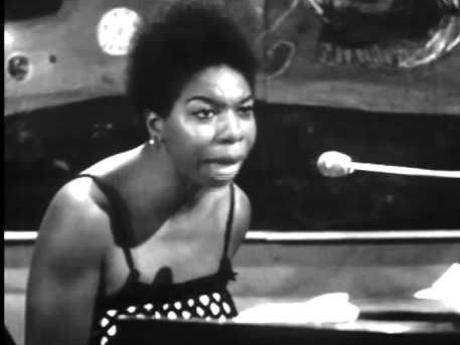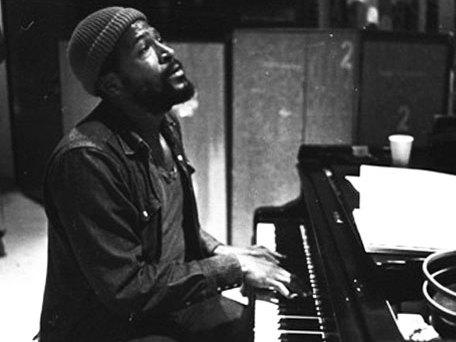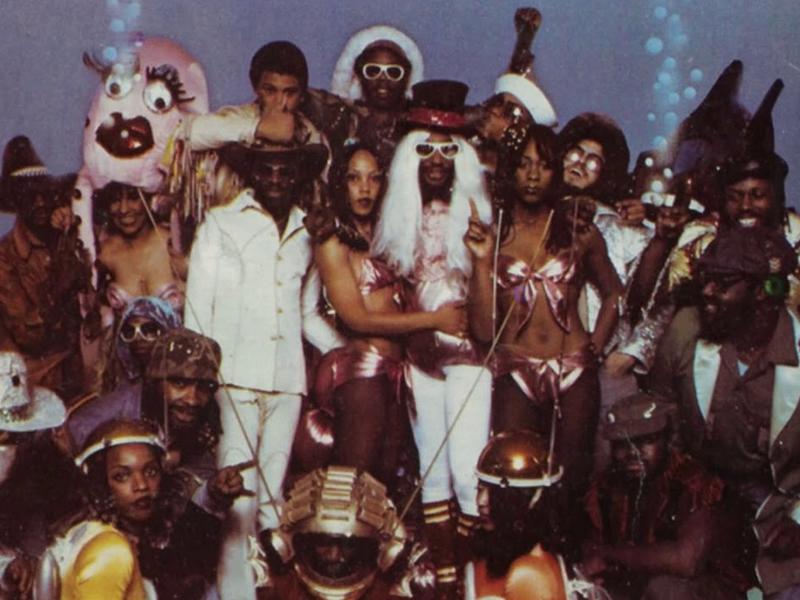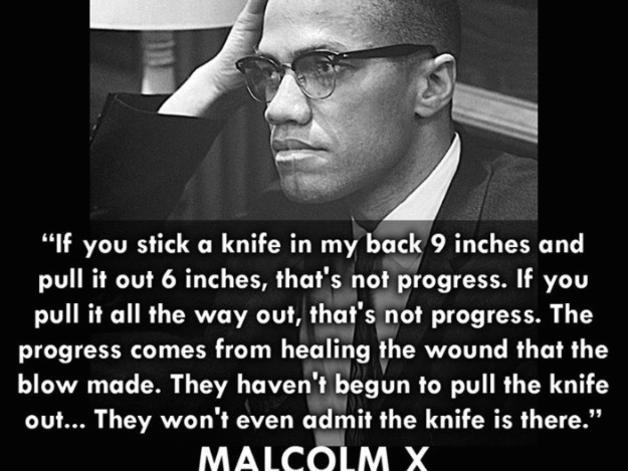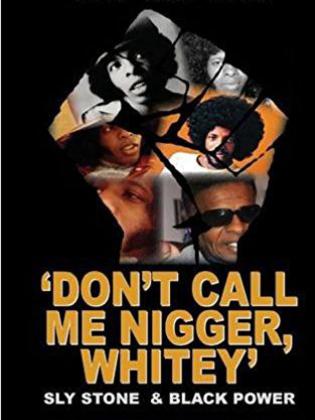Music is the Message
Racism in music has been a recurring theme ever since the blues was born. Found as a means for expression for their anguish and strife, musicians took to their craft to pen powerful ballads about the real devastation experienced because of racism in 20th century America. By the late 1960s, music was changing right along with the political landscape.
Just as Martin Luther King, Jr. and Malcolm X parted ways in their philosophies of how to fight for equality, R&B diverged into soul and funk. Not satisfied with waiting for incremental change while holding hands and singing songs dating from the age of legal slavery, the Black Power political movement had a natural corollary in music.
Although its roots can be traced back beginning as far back as Billie Holidays Strange Fruit (nothing genteel about that one) through Sam Cookes inspired A Change is Gonna Come, the soundtrack of Black Power had harder-driving rhythms with less conciliatory lyrics. We Shall Overcome was replaced by Nina Simones Mississippi Goddamn and James Browns ecstatic Say it Loud! Im Black and Im Proud. Other critical tracks include Am I Black Enough for You, by Billy Paul; Message from a Black Man by the Temptations; and even John Coltranes jazz instrumental Alabama.

